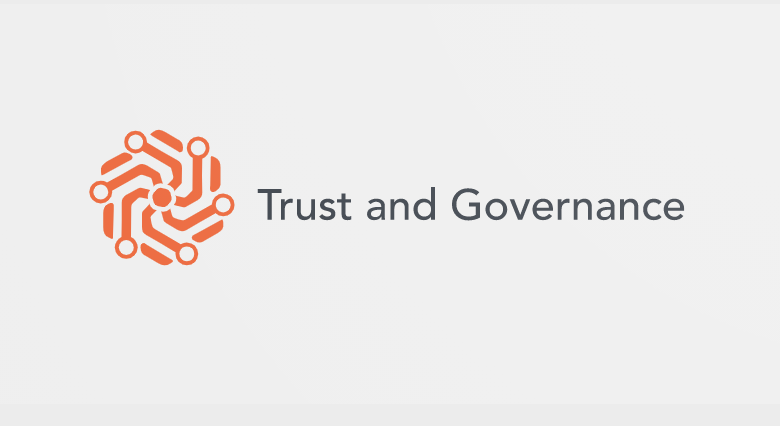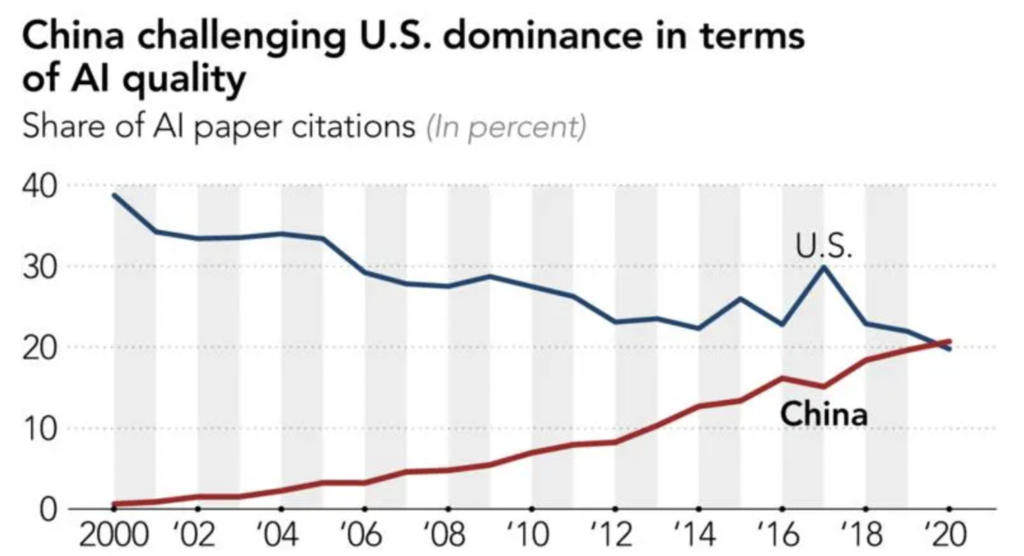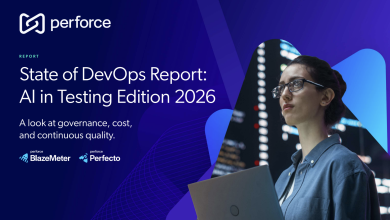
In this article, we’re going to be examining why regulators in China are stepping up their governance and controls over industries in order to maintain the order of trust.
What has happened in the East?
There has been a series of “shaping up” activities performed by the Chinese regulators over the past 11 months. Following Didi Global’s $4.4 billion Nasdaq IPO, their apps were pulled from internet shops at the request of China’s Cybersecurity Administration (CAC). Violations of personal data collecting were mentioned as the basis and this is a concern to the Chinese as big data is involved in China’s mass surveillance systems to determine the social credit system in their nation.
The State Administration of Market Regulation (SAMR) in China has launched an investigation into suspected antitrust breaches at Meituan and was also fined for anti-monopoly violations, China’s third-largest Internet firm. Ant Group’s IPO was halted and Alibaba was fined for anti-monopoly violations as well.
Are there trust issues happening in the world as well?
For one-third of the globe, Facebook establishes content control policies. Former US President was deplatformed by Twitter and others, effectively making him a digital “no-show”. Consumer welfare is not a top priority for many strong private companies, Big Tech corporations with too much influence require antitrust legislation. Governments on three continents are re-evaluating the impact and reach of digital companies on their populations as a result of rising public awareness.
So why are governments getting involved now?
In my perspective, there is a global need to calibrate and rebalance power between the government, tech companies, and consumers, which necessitates greater regulatory action. As a developing country, China has more regulatory requirements and methods than other countries.
Nation governments’ legitimacy is under threat from technological platforms. They are becoming de facto institutions, not only delivering essential services to individuals, but also establishing the rules of the game in which society functions.
In the East, there are rising observations and shifts that indicates the importance for regulators to get involved now to maintain and build trust.
China and US trust needs to be built on solving pertinent problems.
The advancement of mankind started with solving common problems together through co-operation and competition that will lead to trust and later unity. When two firms compete against one another, it encourages them to produce better goods and provide better services. This is perceived as a healthy competition and can be applied to countries as well.

Countries can create trust by harvesting collaboration and making competition more positive. In the area of AI research, we saw an excellent opportunity for scientists to cooperate and leverage technologies and innovation to solve global problems together.
Calibrating on future technological growth drivers
Deep technologies such as AI, quantum computing, semiconductors and genetic research will be the focus of China’s technological innovation in the next 5 years. Due to pandemic situation and political tension, there has been a decline in the number of chinese startups and unicorn created, which may mean that the development of domestic trust and capabilities may slow down. While other Chinese companies that ventured overseas would have to manage expectations in both domestic and international.
Instead of focusing on innovation for growth, tech platforms have changed their focus to value extraction.
COVID-19 has cemented platforms’ places in people’s lives, but users are feeling the squeeze as major tech platforms have already hit saturation point in their domestic market and they are offering the same thing for a higher price to older customers as well.
Data is still closed in the East to the external world. Proper risk assessment can allow more transparency and openness.
Ethics Risk Analysis should be considered as a practice, and such processes must be driven from the top down via regulators. Ethical Risk Analysis is a critical AI GRC (Governance, Risk, and Compliance) function that may be based on ISO 31000 risk management standards (ISO 31000:2018(EN) Risk management – Guidelines) as well as ethics assessment suggestions from expert groups.
Regulators may consider advising companies to hire third-party AI auditors to work with Ethics Risk stakeholders to understand and report on the nature, severity, and likelihood of potential negative outcomes that could result from poor ethical choices made during the design, development, or operation of algorithms, machine learning, or artificial intelligence. Individuals, communities, society as a whole, and/or the environment may be affected by negative consequences.
China needs to go abroad
The strength of China’s economy determines the Chinese Communist Party’s (CCP) credibility.
There will be the need to build up domestic capabilities before going global. The need to ensure that trust built into people are also built into their process and the technological systems created.
A bright future ahead
The existing activities happening in the East is not to destroy innovation but to define the dos and the don’ts clearly in order to ensure that the trust established domestically is more sustainable when companies venture overseas. By 2050, China’s projected share of world Gross Domestic Product based on Purchasing Power Parity is 20%, up from 18% in 2016. This rebalancing is essential in building up an ecosystem of trust which doesn’t get built overnight.



